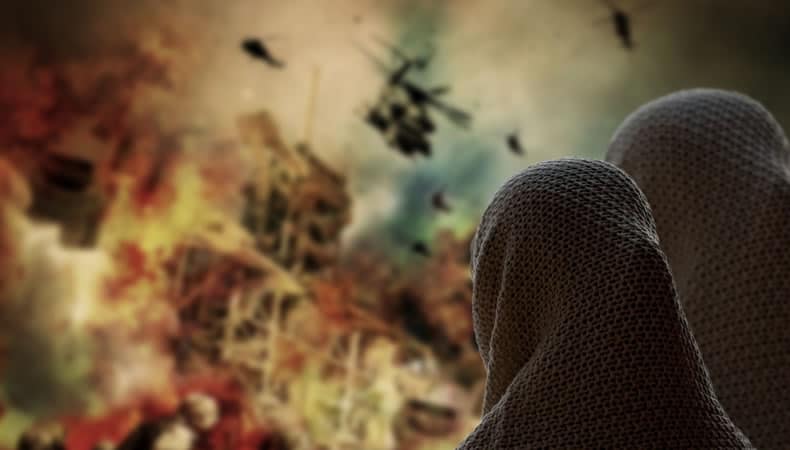The war in Syria is not over

According to Syrian civilian sources, an explosion near a bus station in Al-Bab City, 40 kilometers from Aleppo, killed 21 people and injured 96 others. AT first, the Syrian Network for Human Rights spoke of 14 victims. The area is under Turkish control, and there has been no claim at the moment. The city, in the past, was a stronghold of extremist groups, and only last year was it recaptured by the US-backed Kurdish militias.
The war in Syria is not over. Bombs, human rights emergency, health, and economic emergency are aggravating the already difficult living conditions of the population, exhausted by over nine years of war. The displaced people – about 6.5 million – are facing yet another autumn in precarious conditions inside crumbling tent cities. The same goes for refugees.
Covid-19 has also arrived in Syria, and there are cases both in cities and in tent cities. In the meantime, a new geopolitical page is being written in the region. Ilham al-Ahmad, head of the executive committee of the Syrian Democratic Council, announced that about 25,000 people, women and children linked to ISIS terrorists, will be released from the detention camp of al Hol, on the border between Syria and Iraq, to their respective countries of origin. According to the United Nations, 70,000 people now live in that camp, managed by Kurdish forces, and there is also a security alert.
In this complex framework, several hundred Syrian men are currently engaged on opposite fronts in Libya and now also in the disputed Nagorno-Karabakh region. In summary, Syria bleeds, Syria dies, but on both sides, the departure of Syrian mercenaries is encouraged and financed, who go to fight wars by proxy. Whether they are very young people who have grown up in the last ten years amid violence and injustices, who have known no alternatives to arms, or experienced fighters who simply pursue their interests and serve the god of money, it is once again the Syrian people, its peaceful revolution, and civil society in all its nuances to suffer.
The reconciliation process also passes through justice.The lawyers of the victims of chemical weapons attacks in Syria have denounced the Syrian state before German justice for two massacres, which cost the lives of at least 1,400 people. In the hands of the German Attorneys General, from today, there are two complaints: one concerns the Ghouta massacre in 2013 and the other that of Khan Shaykhun in 2017.
If the lawyers’ request is accepted, Bashar al Assad and his men could end up on trial in Berlin. Damascus has always denied having used chemical weapons against civilians. But a 2016 UN-commissioned investigation into the Ghouta massacre confirmed the use of sarin and pointed the finger at the government.
It is the second proceeding for crimes committed during the war in Syria that opens in Germany, where the principle of “universal jurisdiction” is valid, which authorizes a state to prosecute the perpetrators of serious crimes, regardless of their nationality or place of origin, whose crimes were committed.
In 2003, the German Federal Criminal Police established a special war crimes unit, initially charged with investigating suspected genocides in the Democratic Republic of the Congo. But when thousands of Syrian refugees started applying for asylum in Germany between 2015 and 2017, the special unit received and started dealing with the crimes committed by the Assad regime during the revolution. Germany today hosts 600,000 Syrians.




